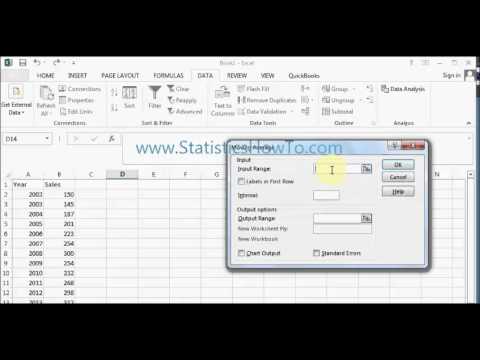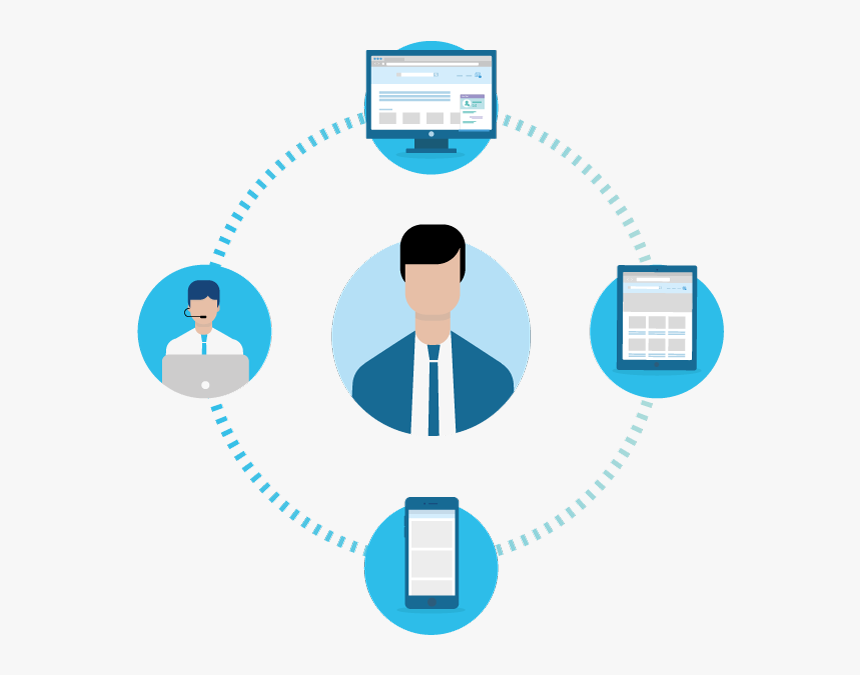Contents:


For example, PTY Ltd businesses are separate legal entities from their founders. As such, they require their own business account to trade through. When you blend the two accounts, it’s common to get confused with funds moving in and out frequently. Separating your business transactions will also reduce the stress of your bookkeeper, resulting in more accurate accounting. Business credit cards and loans can be used to cover additional expenses that are required to grow your company to the next level.
Again, these things may not seem like big deals when you’re starting out. But as your business grows and there are new hurdles to overcome, it’s important to make sure you’re in the best position to clear them. But before you decide that doing everything through your personal account is the way to go, we found a few reasons you might want to change your mind. Your business formation documents if you operate as an LLC or corporation. For sole proprietors or partnerships, you will need to provide your Doing Business As or Fictitious Business Name document.
Should I Use the Same Bank for Personal and Business Accounts?
With a business account, you can also have different groups of signatories. For example, one group could be sole signatories and another group could require dual signatures. Note that online business accounts also support « dual signature » authority.
sbi business loan for womens eligibility -【using personal loan for … – Caravan News
sbi business loan for womens eligibility -【using personal loan for ….
Posted: Mon, 24 Apr 2023 23:03:08 GMT [source]
Before you open a business account, read over the details closely to know what costs you might need to pay and learn about the four main types of bank accounts. A business checking account is a separate account that business owners can set up to separate their personal and business finances. You can have business checking and business savings accounts and even business certificates of deposit .
Should I Just Use My Personal Bank Account As A Sole Trader?
One of the biggest differences between personal vs. business banking accounts is the application process and requirements. The IRS requires you to report all income, but a combined checking account could falsely categorize your company as a hobby instead of a legitimate business. Keeping your funds separate and providing a paper trail of business transactions would help prove you are running a fully-functioning company. Personal bank accounts and business bank accounts have a different fee structure. Opening a business checking account is fairly easy once you’ve decided which institution you want to go with. To open your checking account, you just need to provide the necessary documents about your company to the bank.
- The monthly fees will depend on the bank or credit union you open your account with.
- Tallying these costs and separating them by category is easier when you put them all in your business account.
- You don’t want your customers thinking that your business is a hobby, do you?
- That said, you may want to consider having a separate business account for your self-employed work to help organise your finances.
They might even decline your t account if they don’t like what they see on a credit report. Without clearly defined business banking and financial data, there won’t be much credibility in your business credit report. Investors and lenders are also more likely to look favorably on a business with its own bank accounts. They can review the account statements to get a sense of the company’s financial health and determine whether investing in it or lending to it is a good idea. One of the most confusing aspects for sole traders to get their heads around is tax and recordkeeping.
Essentially, you’d be inviting more scrutiny to your personal funds. Some business checking accounts allow you to waive monthly maintenance fees if you maintain a certain average daily balance. We recommend looking for accounts with balance requirements you can meet. So if you’re asking, “can you use a personal account for business” and want to accept credit cards, the answer is no. They are then used to cover your daily expenses, like paying for rent or a mortgage.
What do you need to open a business bank account?
By doing this, it means you only have to deal with one account rather than juggling multiple accounts and records. Business checking accounts allow you to protect your personal assets and make bookkeeping exponentially more efficient. All your legal documents and business registration are handled for you. We also have services to help you get your business bank account started as well.
- If your company deals with a lot of cash or large transactions, then you need to open your account with a bank that allows for this.
- You have probably already determined what type of business you will be running, whether it is a corporation, sole proprietorship, or partnership.
- Business funds are readily available, and your personal account can be reserved for personal income needed to pay day-to-day expenses.
- They think, ‘Who is going to object if I use my business account for personal use?
You won’t want to give them your personal account number or debit card. While it’s possible to use a personal checking account to run your small business, a business account can offer serious benefits and limit your personal liability and risk. To qualify as business tax deductions, expenses have to be for business purposes. When you pay personal bills with a business bank account, it makes it harder to identify business expenses. Or you could mistakenly categorize personal expenses as business, leading to penalties and a big tax bill from the IRS if you get audited.
Protection of Personal Assets
Self-employment taxes can take a big bite out of your income—but you can take steps to minimize the impact. LLCs and S corporations are different aspects of business operations, but are not mutually exclusive. Use this guide to learn more about the difference between an LLC vs. an S corporation. Matt Sexton is a finance expert at Fit Small Business, specializing in Small Business Finance.
Does your company need the ability to deposit large amounts of cash? Is in-person banking a priority or will you be making deposits after hours via an automatic telling machine? These are just some of the questions that need to be answered in order to find out which type of bank accounting is right for you.

When you’re working a full time job and being paid a salary, that salary goes into your personal account. But if everything goes according to plan, that number will go up as you grow. Eventually your bank will notice your success and force you to move to a business account anyway. Small Business Stories Celebrating the stories and successes of real small business owners. Payments Everything you need to start accepting payments for your business. Running your own business means dealing with day-to-day tasks, managing your finances, paperwork and so on.
If your business and personal banking finances are in the same account, things can get messy. It can be hard to distinguish what expenses are business investments, and which ones are personal. This issue is especially common for entrepreneurs who process a lot of transactions, such as freelance writers, food truck chefs, and pop-up crochet store owners. A business bank account helps to remedy this issue, offering you receipts and monthly statements. Having this information in one place provides you with a clearer image of your business expenses, revenue, and earnings. And knowing what your profit is allows you to make better business decisions, such as whether to upgrade your equipment or hire a new employee.
So let’s examine how a business account can help empower you, as well as how you can make the right choice. Bonsai Cash is a new online business checking account that lets you manage your organization and keep track of your funds. You should compare the fees that different banks charge for having a business checking account. Merchant services allow your business to handle credit and debit card payments.
What to consider when transferring money from a personal account to a business account?
As the owner of a small company, you may be looking to open a business bank account to keep your finances separate from your personal accounts. One advantage of using a personal account for business is that you won’t have to spend time creating a business bank account. However, the time you saved by not opening a business checking account is quickly surpassed by the amount of time you spend managing your taxes.

The bank you use and the type of business you have are some of the things that it will all depend on. Suppliers and lenders use business credit reports to make decisions about lending your business money, approving you for a business credit card or extending trade credit. Although they may look at your personal credit score too—especially in the early years of your business—building a credit history for your business can open new doors. Business bank accounts typically require higher minimum balances to avoid maintenance fees. You may also need to make a minimum initial deposit to open the account. Make sure your discussions with potential investors are smooth and prioritize opening an account, like a business checking account, for your business.
What to Look Out for Using Digital Payments Like Venmo and Zelle – Kiplinger’s Personal Finance
What to Look Out for Using Digital Payments Like Venmo and Zelle.
Posted: Mon, 24 Apr 2023 20:04:42 GMT [source]
Having separate accounts for your personal and business finances protects you from potential tax issues and gives credibility to your business. It also allows you to build business relationships with banks, which can help you get financing as your company grows. Businesses may use a line of credit in circumstances such as meeting unexpected expenses, getting funds during a liquidity crunch as well as finding money to grow the business. It may be okay for now to use your personal accounts, but there are some very good reasons for getting a business bank account as your business grows. If you plan to hire employees now or in the future, you may want to give them access to business funds to make purchases or pay bills on the business’s behalf.
Chase offers a wide variety of business checking accounts for small, mid-sized and large businesses. Compare our business checking solutions and find the right checking account for you. Wise is a top-tier money transfer service perfect for personal and business accounts.
Sole Proprietors can trade through a personal account – while you’re doing a limited number of transactions. It’s hard to put a number on it, but your bank won’t mind while you’re doing around 25 transactions a month or less, you should be fine. You want to start and run your business for the lowest cost possible.
